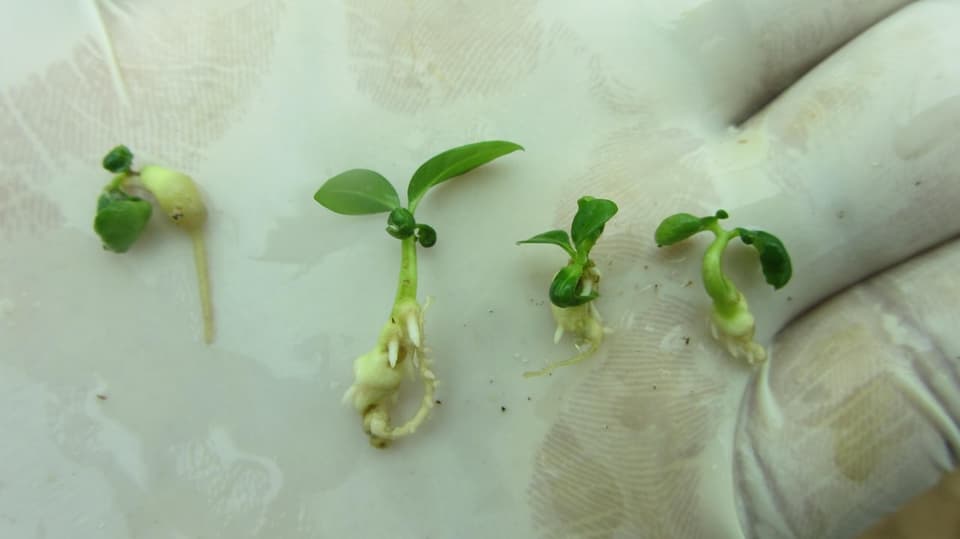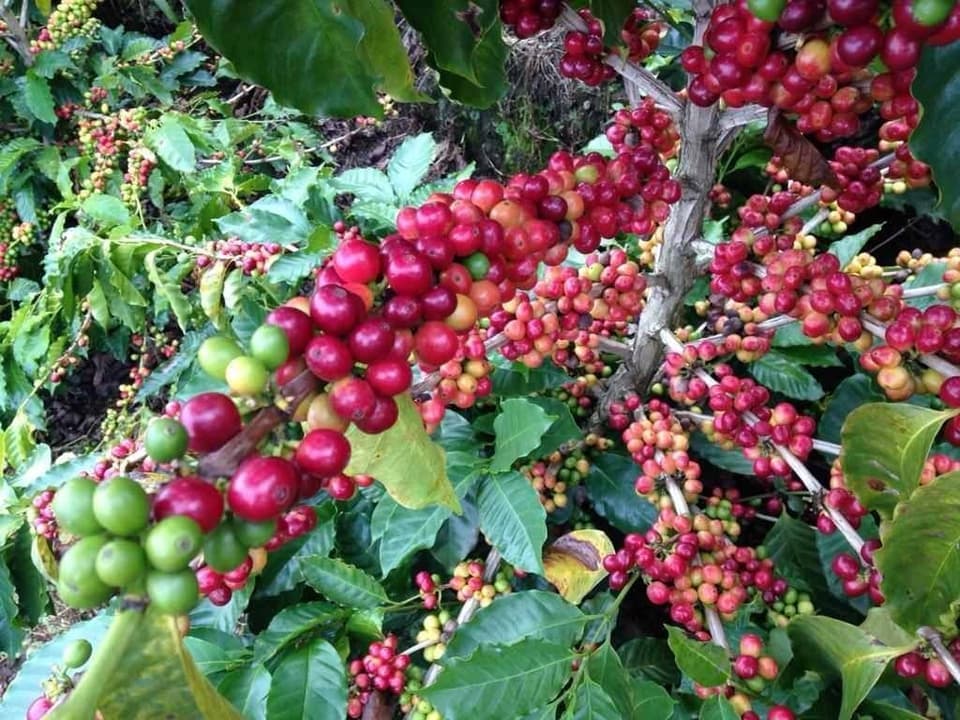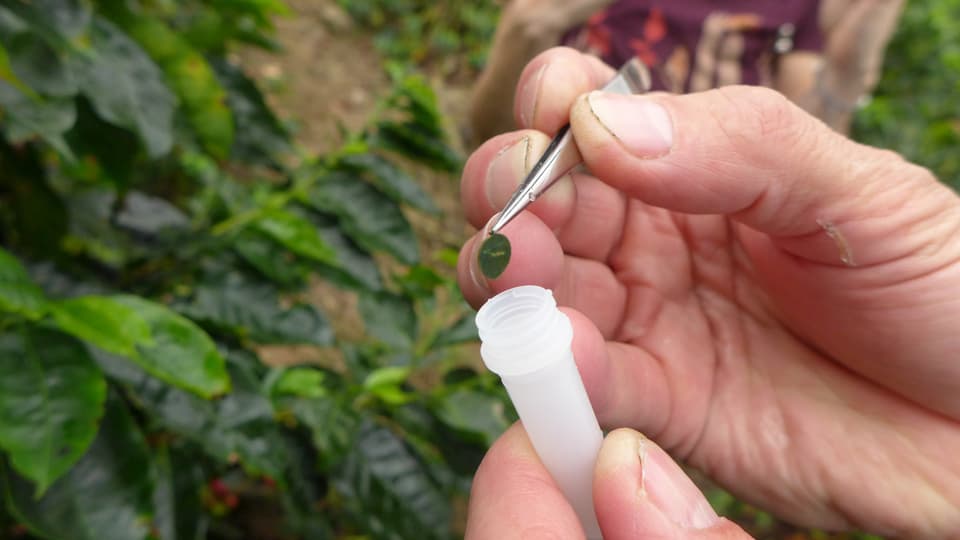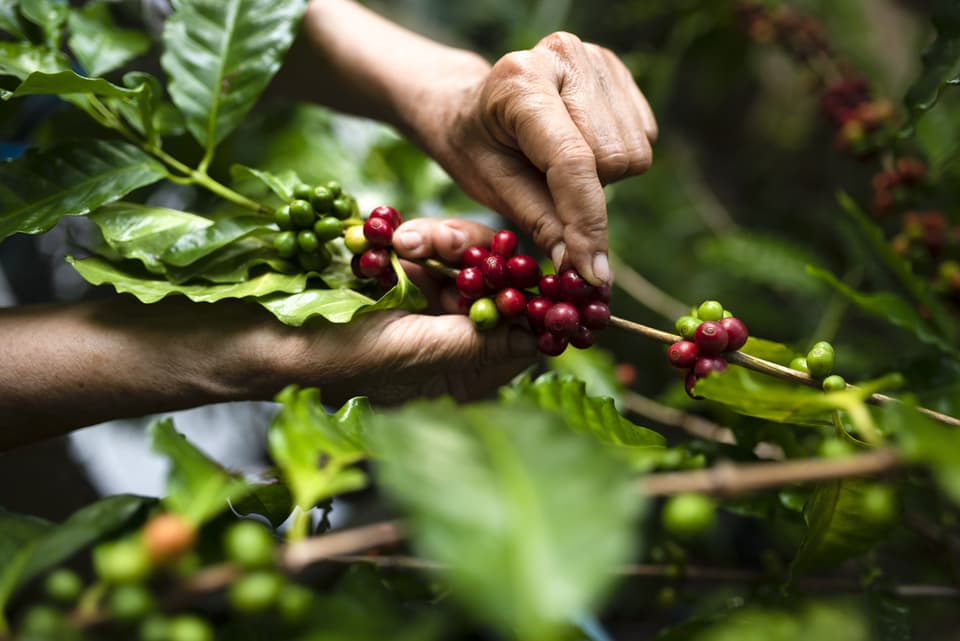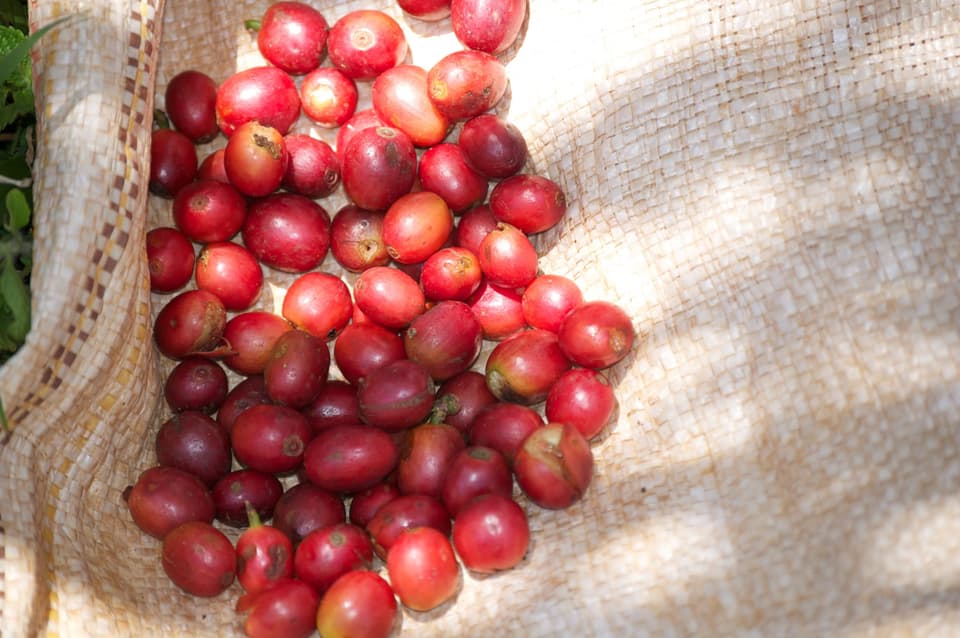El Salvador has a long tradition of coffee cultivation, historically producing some of Central America’s most iconic coffees. El Salvador’s geography and diversity of microclimates have favored the production of specialty and premium coffees. Historically, traditional arabica varieties such as Bourbon and Pacas dominated production, but today rust-resistant arabica varieties are increasingly planted following the 2012–13 leaf rust crisis. Coffee remains vital to rural livelihoods, employing ~30,000 people, though its economic share has declined significantly over the last three decades.1 The Instituto Salvadoreño del Café (ISC; formerly Consejo Salvadoreño del Café) coordinates promotion, quality competitions, and support for producers. Government programs provide seedlings, fungicides, and biofertilizers to smallholders, but national yields remain low compared with neighboring countries, reflecting limited investment in large-scale renovation and farmer financing. Labor shortages, driven by migration to urban areas, aging trees, and climate vulnerability further constrain productivity.2 Despite these challenges, El Salvador has a strong specialty coffee export market with micro-lots and geographic indications offering market differentiation.
1. Production de cafe y empleo, ISC, 2025
2. USDA Coffee Annual El Salvador 2025


